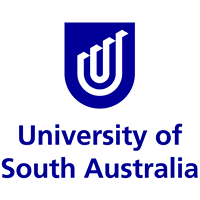Full description
The project, funded by the Australian Centre for International Agricultural Research (ADP-2014-045), focuses on the devolution of responsibilities in irrigation to farmers. Broadly referred to as Participatory Irrigation Management/Irrigation Management Transfer (PIM/IMT), the project looked at the merits of this approach in different settings in south Asia.The research uses economics to help local irrigation managers better understand where and when PIM/IMT works and consider if a different approach is needed. The project uses empirical data drawn from four jurisdictions, Assam and Bihar in India and Sindh and Punjab in Pakistan, all with some unique characteristics.
A large dataset has been assembled using both paper-based and mobile tablet surveys. The data covers: overall institutional performance and its relationship to agro-economic variables; drivers of compliance; gender differences and their impact on participation in water groups and perceptions of performance; data on preferred charging regimes and broader institutional arrangements for managing water at the local level.
These data are unique, having been collected simultaneously across the four jurisdictions.
Existing data was sourced from:
local :
COLL_EXISTING_DATA
No
The following software (and version) was used to generate or capture the data:
local :
COLL_SW_DATA_CAPTURE
The choice survey was captured using a mobile app generated by a proprietary company called AgImpact. The app was developed using CommCare V1. The choice sets were generated using STATA.
The following instruments/equipment were used to generate or capture the data:
local :
COLL_INST_DATA_CAPTURE
Hand-held tablets were used. We recommended Samsung devices but any non-apple device was used in the field.
The following software (and version) was used to analyse the data:
local :
COLL_SW_DATA_ANALYSIS
Various software was used to analyse the data across research teams (SPSS, STATA, NLOGIT & XLS).
The following discipline-specific metadata standards describe the data:
local :
COLL_METADATA_STANDARDS
No
Data time period: 07 2016 to 31 12 2020
Spatial Coverage And Location
text: Pakistan and India
User Contributed Tags
Login to tag this record with meaningful keywords to make it easier to discover
- Local : research.unisa.edu.au/collection/660614


